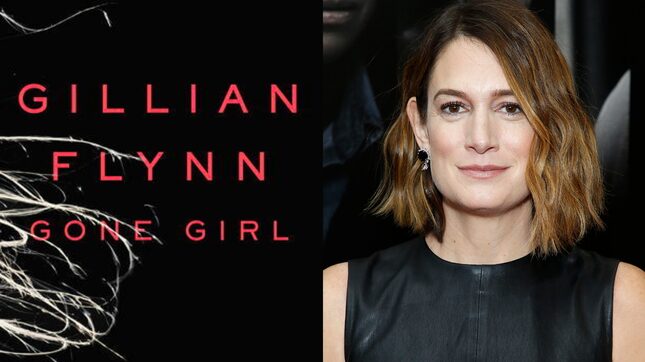10 Years Later, Gone Girl Is Ripe for a Sequel
Gillian Flynn's Gone Girl feels like it was written today. A sequel following Amy and Nick in an ultimately unchanged world sounds perfect.
BooksEntertainment

In today’s edition of “wow, I’m old,” the novel Gone Girl by Gillian Flynn is now 10-years-old and there may—finally!—be a sequel on the horizon.
It’s no exaggeration to say the landmark psychological thriller and first entry into the beloved “good for her” cinematic universe changed the game. The bestselling book presented the story of a typical marriage gone wrong—to not-so-typical, wildly twisted consequences. Gone Girl largely owes its indelible pop culture legacy to its wronged-wife-turned-compulsively quotable antagonist Amy Elliot Dunne, whom many female readers couldn’t help but root for as she exacted vengeance on her idiotic, philandering husband. Famously, the book was adapted into an equally iconic 2014 movie starring Ben Affleck, Rosamund Pike, and Emily Ratajkowski.
The marketplace of “domestic suspense” novels has remained saturated a decade later owing in large part to Gone Girl’s influence, as book critic Maris Kreizman pointed out in Esquire last week. And nearly all of these novels are being pushed down our throats with the phrase, “for fans of Gone Girl.”
In an interview with People to mark the anniversary, Flynn expressed interest in working on a sequel to the book. “I would say I’m a little more sure than never-say-never,” Flynn told the magazine of the idea of penning a follow-up novel. “I think I would be surprised if I didn’t, to be honest. But don’t hold me to it.” As for what the sequel would entail, Flynn pitched a story unfolding “in real time,” exploring Nick and Amy Dunne as “the true nuclear-bomb family.”
-

-

-

-

-

-

-

-

-

-

-

-

-

-

-

-

-

-

-

-

-

-

-

-

-

-

-

-

-

-

-

-

-

-

-

-

-

-

-

-








































